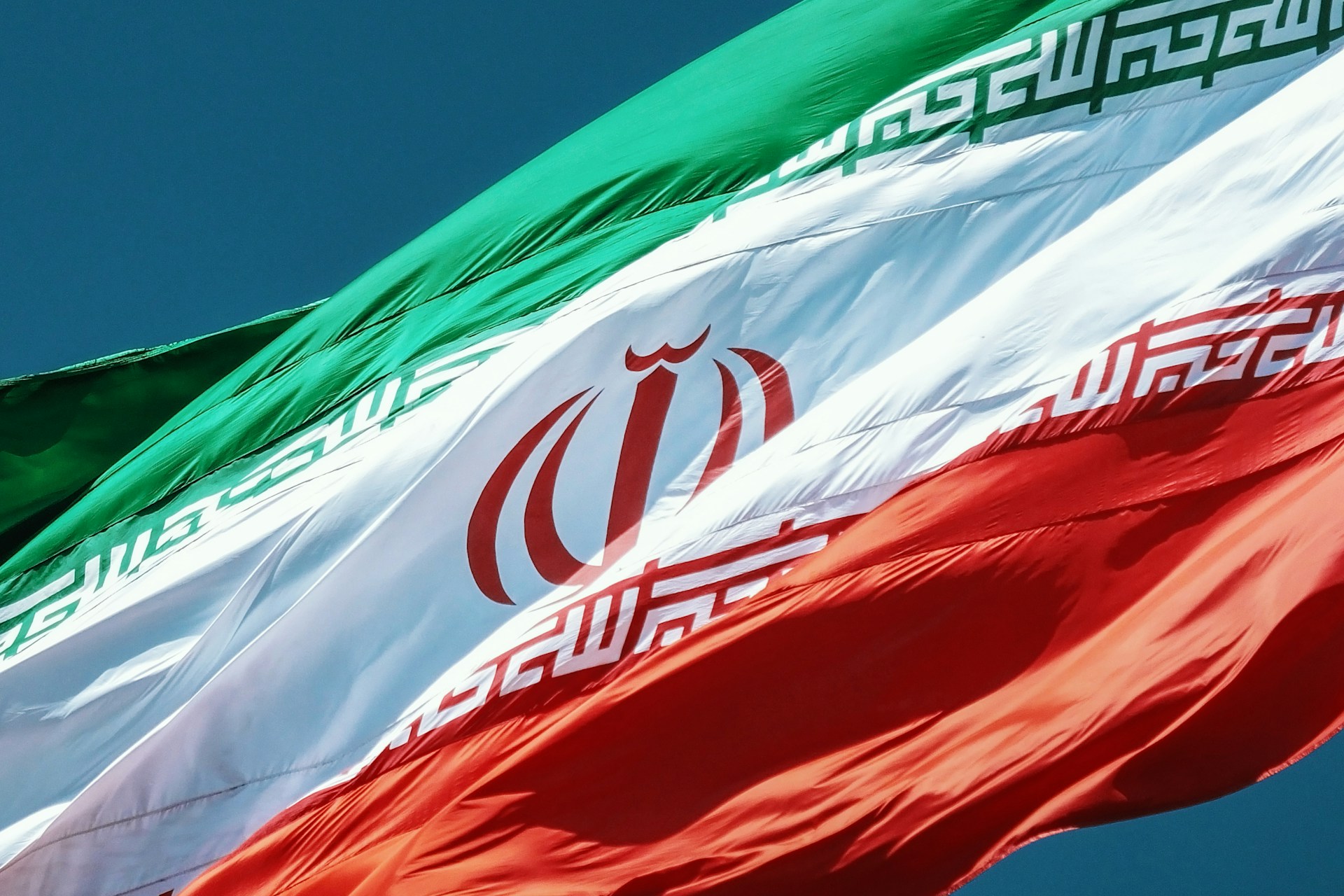WHEN Israel decided to launch a deadly strike on the Iranian consulate in Damascus, Syria, that took place on April 1, many argued that the Israeli government should have expected a retaliatory attack by Iran.
As duly expected on April 13, Iran finally launched hundreds of drones and missiles at Israel in retaliation for such a deadly Israeli strike on its consulate in Syria. Israel’s initial and unprovoked attack killed Iranian general Mohammad Reza Zahedi (also known as Hassan Mahdawi). He was a senior commander in the Iranian Islamic Revolutionary Guard Corps’ Quds Force in Syria and Lebanon.
His death occurred while he was in a building adjacent to Iran’s consulate in Damascus – a location the Iranians claimed is protected by international law. Apart from Hassan Mahdawi, the Israeli attack had also killed seven Iranians, including two veteran commanders.
According to Israeli narratives, Hassan Mahdawi was allegedly responsible for terror attacks against Israel and the arming of Iranian proxies in the region. Hence the attack against the Iranian consulate in Damascus, Syria – according to Israel – was justified under the so-called doctrine of “pre-emptive self defence.” But such a “pre-emptive self defence” has never been recognised by the world court in any of its judgements. Ergo under international law such a defence never exists.
Anyway, Israel finally managed to provoke Iran to react this time around. Historically speaking, Israel’s attacks against Iran include numerous attacks on Iranian nuclear sites, assassinations of scientists within Iran and actions against Iranian proxies in Syria, Lebanon, Iraq and Yemen. And despite those deliberated provocations, Iran’s counter-strikes against Israel had been minimal or insignificant. Some argue even Iran’s response to the US assassination of Iranian general Qasem Soleimani in 2020, for instance, was perceived to be feeble.
Iran’s ambassador to the United Nations – Saeid Iravani – vigorously defended his country’s drone and missile attack against Israel. He maintained that such a counterattack was legally justified as Iran was merely exercising its inherent right to self-defence. And to Iran’s credit, Iravani also told the UN Security Council that Iran has no intention of escalating conflict in the region. Be that as it may, it would be fair to conclude that the act of self-defence exercised by Iran against Israel was reasonable and proportionate, hence legal.
As expected, the United States and other countries in the West swiftly rallied to support Israel. Despite perceived tensions between Israeli Prime Minister Benjamin Netanyahu and US President Joe Biden being high due to the ongoing war in Gaza, Washington still strongly and unequivocally stands by Israel.
A barrage of criticism against Tehran’s alleged “aggression” has unfortunately continued unabated in the West. British Prime Minister Rishi Sunak, for instance, condemned “in the strongest terms the Iranian regime’s reckless attack against Israel”. Sunak categorically stated that Iran’s attack showed that the country was “intent on sowing chaos in its own backyard”. Never mind that it was Israel who started the aggression against Iran.
Other Western leaders also joined the chorus. Hence the Czech Foreign Affairs Ministry and Canadian Prime Minister Justin Trudeau whined about Iran’s “disregard for peace and stability in the region”, and regurgitated that old, tired slogan about “Israel’s right to defend itself”. Germany’s ambassador to Israel, Steffen Seibert, unashamedly proclaimed in a social media post that German solidarity was “with all Israelis tonight whom Iran is terrorising with this unprecedented and ruthless attack”.
The Western response to the intercepted Iranian missiles and drones explains a curious double standard. Sunak’s pathetic claim that “no one wants to see more bloodshed” reaffirms the hypocrisy of the West – as long as it’s Palestinian blood, it’s all totally fine.
Such irresponsible responses by those Western leaders beg this question: was the Iranian retaliatory attack against Israel legally defensible under international law?
Article 51 of the UN Charter legalises the use of arms in any armed conflict, which is otherwise illegal under Article 2(4) of the same charter. It is legally permissible under the doctrine of self-defence.
Article 51 of the charter reads: “Nothing in the present Charter shall impair the inherent individual or collective self-defence if an armed attack occurs against a Member of the United Nations, until the Security Council has taken the measures necessary to maintain international peace and security.”
It seems that the legal validity of Iran’s reliance on Article 51 of the UN Charter seems to be a slam-dunk conclusion. The factual matrix of the case clearly supports the action taken by Iran. Apparently there was an occurrence of an armed attack by Israel against Iran or its interest. It is never disputed that Israel launched the first armed attack against Iran. Hence the requirement of Article 51 has been satisfactorily complied with by Iran.
The International Court of Justice has taken a rather restrictive view of Article 51 and the customary norms associated with it, thus prohibiting self-defence against attacks that do not reach a certain level of gravity or whose source is not identified by convincing evidence.
And to its credit, Iran has openly declared that after its counterattack on April 23, its military operation against Israel can be duly considered terminated. Apparently Iran seeks to contain the situation by declaring that its score with Israel has been duly settled.
Iran, in my view, has also made a strong case by arguing that its retaliatory attack could have been avoided if the Security Council took a proactive and prompt action by bringing the perpetrator of the crime/attack against the Iran consulate to justice.
As Iran has duly advocated that its counterattack was made within the parameters of international law, some international law lawyers argue that whether or not Israel sees it the same way will depend entirely on a telephone call between Netanyahu and Biden. – April 16, 2024
Mohamed Hanipa Maidin is a former deputy law minister. He has a master’s degree in international law

